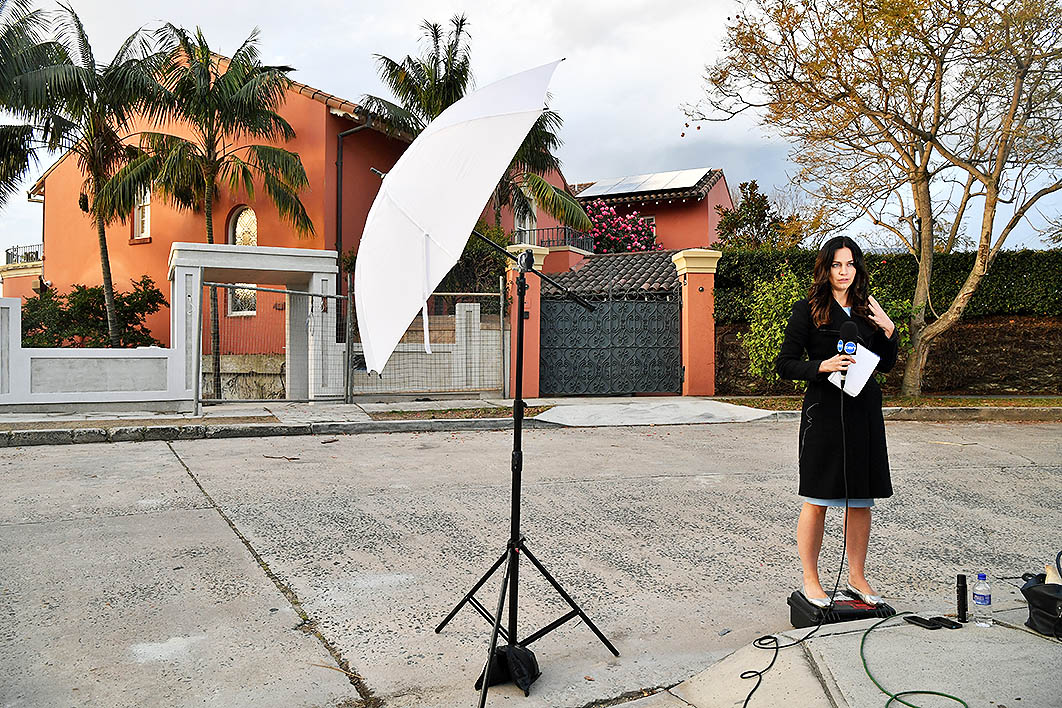What happened to the honeymoon? The first Newspoll taken since Scott Morrison became prime minister has the government behind the Labor Party 44–56 after preferences. Compared to the last major survey before the change — a seemingly roguish 45–55 Ipsos published in Fairfax papers — there’s been virtually no shift in voting intentions.
But it’s a massive comedown from last fortnight’s 49–51 Newspoll. And Bill Shorten is, for the first time since he faced Tony Abbott, preferred/better prime minister.
You could characterise immediate public reactions to the four prime ministerial assassinations over the last eight years like this:
● 2010 (Rudd to Gillard): a bit of a shock, Kevin wasn’t quite that bad, but I do like Julia!
● 2013 (Gillard to Rudd): Hoorah, Kevin’s back. I couldn’t stand Julia!
● 2015 (Abbott to Turnbull): Hoorah, Tony’s gone!
● 2018 (Turnbull to Morrison): WTF?!
But opinion poll “bounces,” while obsessed over by the political class, are overrated. What matters is the equation that faces voters at the next election.
Morrison’s corny efforts over the years to push himself into the hearts of the voting public, and hence into leadership contention, have had distinctly Wayne Swanish results — that is, they’ve fallen flat. But he became prime minister anyway, largely because of his manipulation of the party room.
Our new prime minister is, in my opinion, a wily — even devious — operator, a more natural political player than Malcolm Turnbull, and smarter than Peter Dutton. “Charisma,” whatever it is, is overrated.
Did the plotters not see Morrison coming?
The first segment of a party leadership change involves making the incumbent’s position unsustainable. The second is replacing him or her with your candidate. So, for example, Kim Beazley’s supporters succeeded in tearing down Labor leader Simon Crean in 2003, but badly mucked up the next bit. (Two words for those who can’t remember how it turned out: “Mark” and “Latham.”)
In 2018 the coup plotters must have known of the danger from Morrison. They must have realised he was every bit as ambitious as Peter Dutton. Did they not even contemplate the possibility he’d run if the position became vacant?
Having said that, it’s perhaps surprising that Dutton got as much support as he did (forty to Morrison’s forty-five) in the second round on Friday. A Dutton prime ministership would have involved some very ugly campaigning on immigration. That so many were prepared to go for him rather than the slightly less conservative treasurer, who has also shown himself willing to whip up public anger at asylum seekers, might be puzzling. (The “Morrison is dead to me after what he did to Abbott” faction surely can be counted on two hands.)
Given the product they were selling, those bullying number-gatherers must have dangled the carrots and wielded the stick very shrewdly.
Bishop unsuccessful because she’s a woman?
The Turnbull supporters’ much-reported manoeuvre to ensure Morrison made it to the second round, which resulted in Julie Bishop’s receiving a very low first-round vote, was harsh but understandable. Without downplaying the sexism ingrained in our blokey political system, in this instance the former foreign minister was done over not because she is a woman but because she’s too much like Turnbull.
Remember how, in the Liberals’ December 2009 spill, the surprise elimination of Joe Hockey in the first round saw Tony Abbott emerge as victor? Given it led to continued blocking of the carbon pollution reduction scheme and all that followed, you could say it turned out for the best for the party, at least electorally. (A counter-argument would be that the global financial crisis and debt and deficits would have produced a change of government in 2013 anyway, and with an emissions trading scheme in place and climate change largely off the table, a more psychologically healthy Liberal Party.)
If Turnbull had to be replaced, Bishop was far and away the voters’ choice. But had she made it to the second round on Friday, she would unquestionably have lost (badly) to Dutton. Replacing Turnbull with someone perceived as equally “progressive” was unsustainable. It’s a right-winger’s turn.
Why the coup culture?
Why is Australia, in the BBC’s Nick Bryant’s words, the coup capital of the world?
One sub-question involves whether prime ministerial disposability evolved separately on each side of politics, or whether it jumped from Labor to Liberal.
In my opinion the factors include these:
● The global financial crisis, with its low wages growth, budget blowouts and so on, made governing difficult and facilitated bad opinion polls.
● Leaders can be changed relatively easily in this country — that is, the whole thing can be over in a week. (It’s different for Labor now.)
● Support for major parties, relics from a bygone era that survive thanks to institutional inertia, is declining, a long-term trend exacerbated by the GFC.
● Our Senate is arguably the most powerful upper house among the world’s parliamentary systems, and very unusually (in the international context) we elect lower house MPs by single-member electorates and senators by proportional representation. It means, now, a big Senate crossbench whose members have no reason to make life easy for the government, and every reason not to. I’ve elaborated on this, with a suggested solution, here.
● And, yes, social media plays a significant role, partly because these echo chambers nudge political and journalist class members to the extremes. In this case, Sky News After Dark — which has some social media characteristics, such as a minuscule number of people screeching at each other in agreement — was important. But Liberal Party members, and even, it seems, MPs, are vastly overrepresented among its viewers. ●





